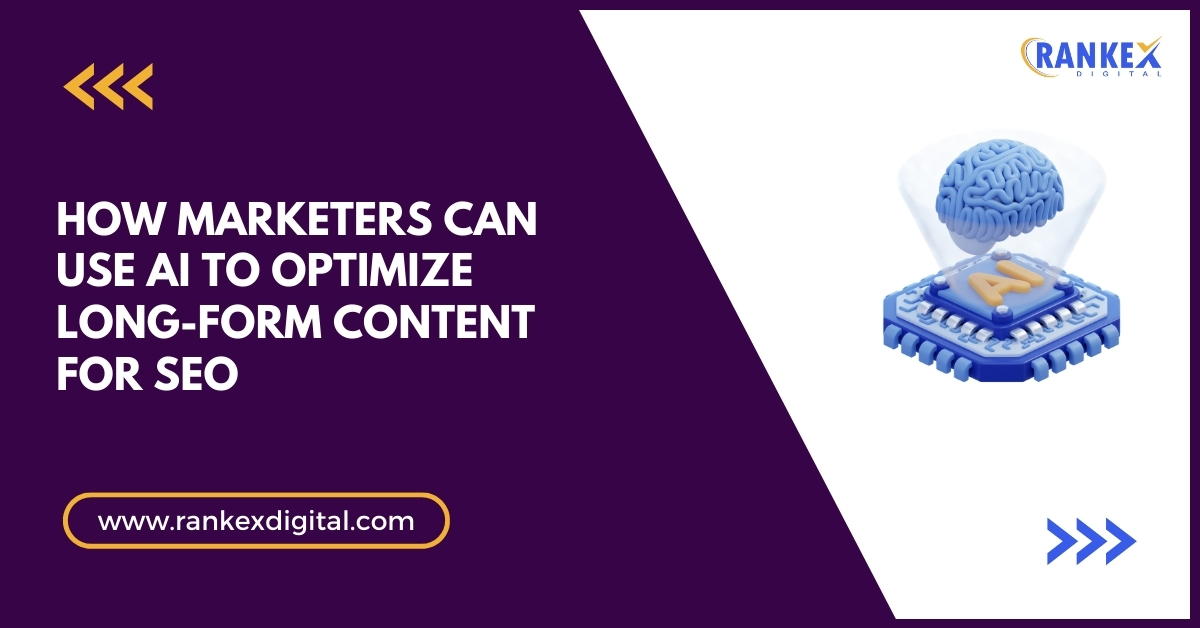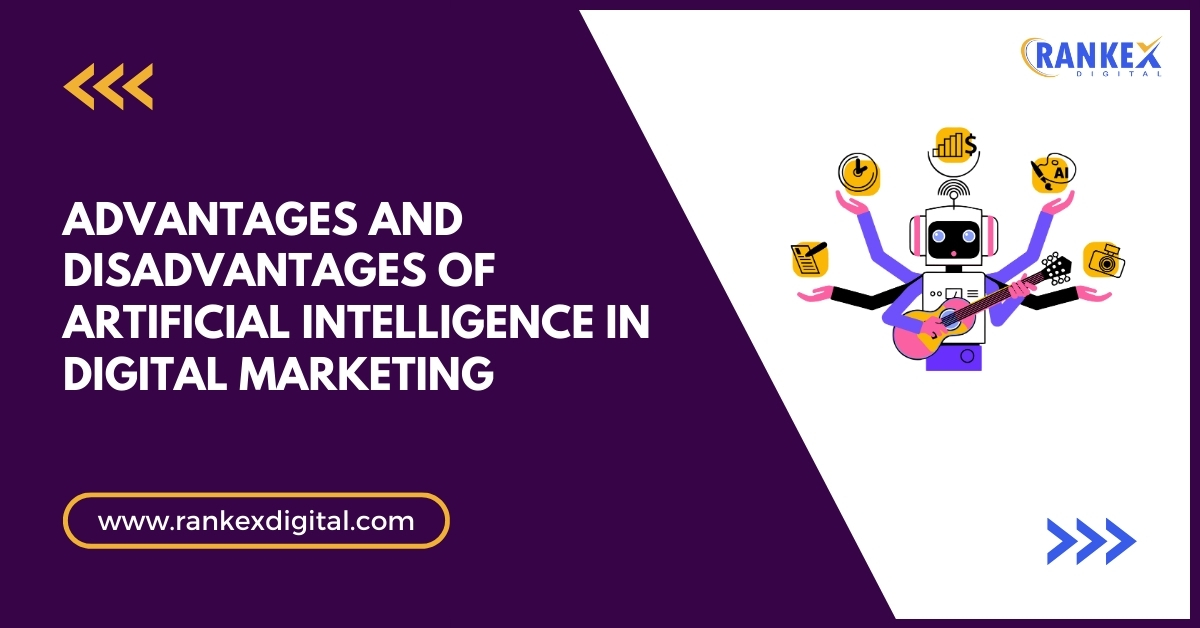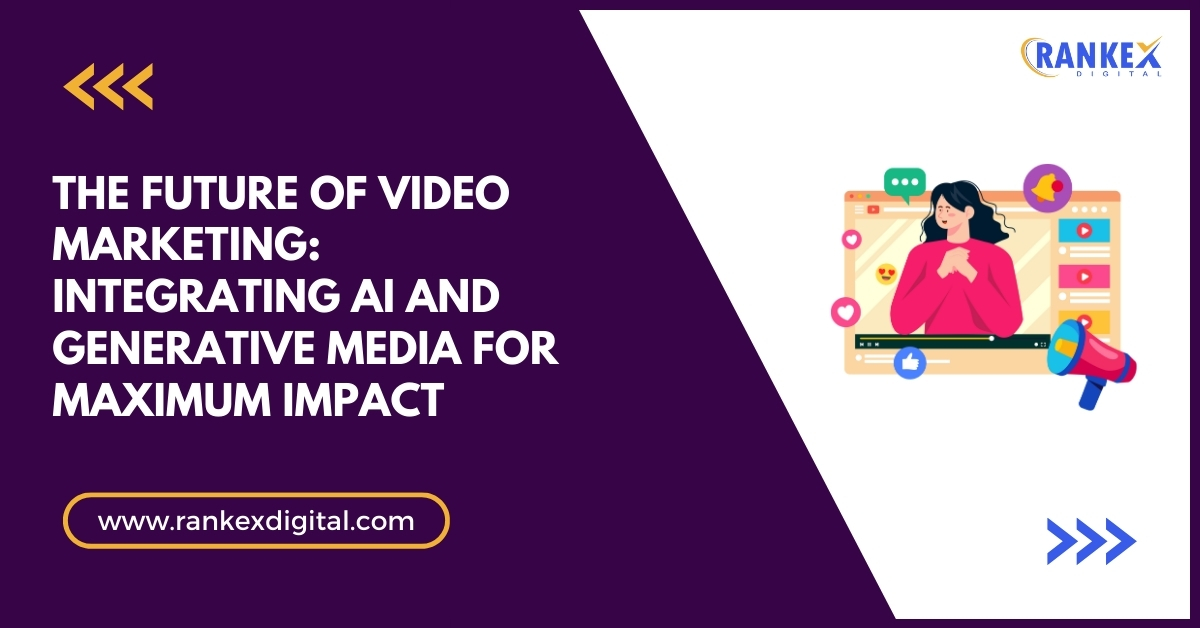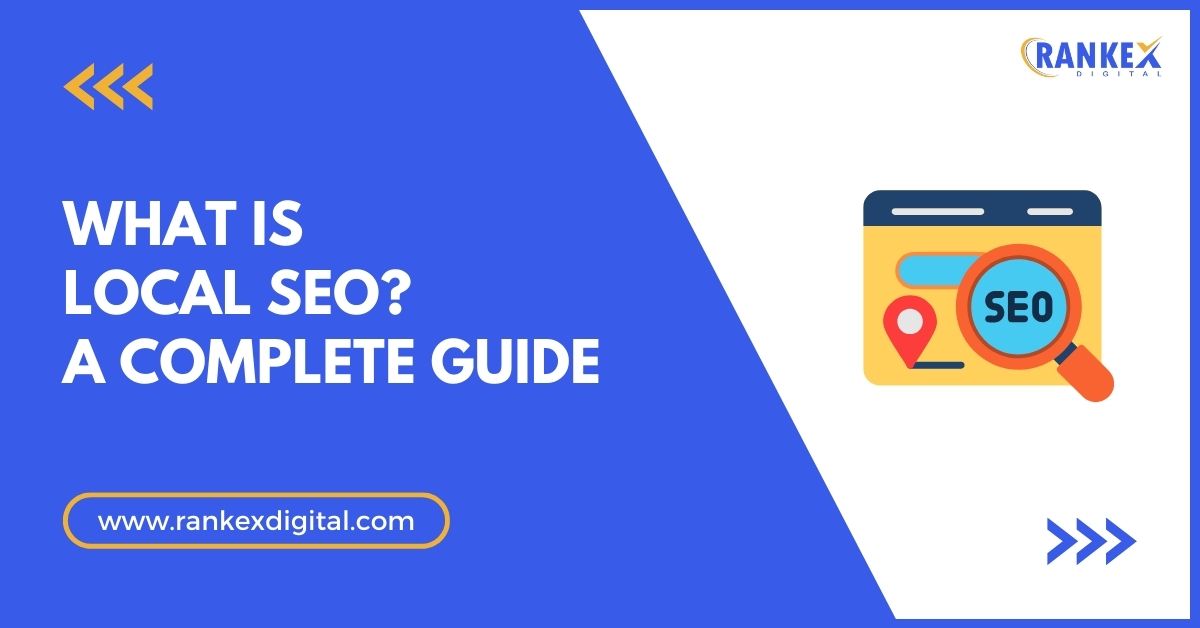Search engine optimization (SEO) is now the linchpin for driving traffic in this dynamic landscape of digital marketing, and long-form content goes a long way in attaining more favorable rankings on the SERPs, including blog posts, articles, and research-driven materials.
The advent of artificial intelligence (AI) means that marketers have a powerful set of tools to craft, refine, and optimize long-form content for SEO.
This article explores how marketers can use AI tools to develop SEO-friendly content and how these technologies affect long-form writing.
Table of Contents
The Role of AI in Long-Form Content Development
Long-form content requires a lot of time, effort, and skills. AI technology, however, has simplified long-form content development for marketers by making the creation process faster, more accurate, and user-intent-based. This is how AI enables the development of long-form content:
-
Streamlining Research
AI tools can scan huge databases, collect relevant data, and present actionable insights. This reduces the time that would be spent on manual research, thereby letting marketers focus on producing high-quality content.
-
Creating First Drafts
Modern AI tools can create first drafts of articles or blog posts based on a specific keyword or topic. These drafts often include structured outlines and suggestions for headings, subheadings, and relevant information.
-
Keyword Optimization
AI tools analyze trends, competition, and intent from the search engine and suggest the best keywords to be used. When marketers incorporate those keywords in content, they have an increased probability of ranking higher in SERPs.
-
Personalization and Tone Adjustment
AI tools can personalize content to fit the brand’s voice or a preference that the target audience will love it for being consistent and relatable.
Using AI to Optimize Long-Form Content for SEO
AI can transcend content creation; it can help boost the SEO strategies of long-form content. Here’s how the marketers can use AI for optimization:
1. Readability and Engagement
AI tools assess content readability and provide suggestions to make it more engaging. For instance, they can highlight complex sentences, suggest better word choices, and adjust tone for clarity. This ensures that readers stay on the page longer, reducing bounce rates—a critical factor in SEO.
2. Crafting Meta Titles and Descriptions
AI tools automatically generate compelling meta titles and descriptions. These are of great importance in increasing click-through rate (CTR) because they provide a preview of the value of content.
3. Enhancing Visual Content Integration
AI may even propose and design visual aids, like infographics or embedded videos, about the written word. Adding multimedia is not only aesthetically pleasing but may also boost SEO performance. For example, a marketer may include an AI-generated voiceover for videos to make them more accessible. The free AI voice text-to-speech feature of some tools can make it easy to generate voiceovers that can be added seamlessly to video-based content.
4. Performance Monitoring and Updating of Content
SEO optimization does not end at publishing. AI tools continuously monitor how content performs and provide insights to update them. With the help of AI, outdated information, broken links, or opportunities for new keywords are identified by AI, making long-form content relevant and effective in the long run.
AI Impact on the Generation of SEO-Friendly Content
AI tools not only make it efficient but also improve the quality of content. The following are some of the crucial impacts of AI in the generation of SEO-friendly long-form content:
1. Data-Driven Insights
AI analyzes user behavior, search patterns, and competitor content to unveil what audiences are searching for. It is a data-driven approach that shows marketers they can produce content with user intent and that can rank high on search engines.
2. Superior Content Structure
Long-form content needs a structured approach. AI suggests logical aspects of content flow by breaking information into chunks with proper headings. AI agents can further optimise this process, ensuring the structure is not only reader-friendly but also well understood by search engines.
3. Improved Turnaround Time
What would take days can now be done within hours. AI tools can draft content, refine keywords, and achieve better readability at a pace unmatched before. It allows marketers to publish more content without having to compromise on quality.
4. Variety of Formats
AI is versatile, enabling marketers to experiment with various content formats. Beyond written content, marketers can explore video content, presentations, or interactive media. For example, with advancements like ChatGPT, many individuals and businesses are learning how to make money with ChatGPT by creating innovative content that engages audiences and drives conversions.
Practical Applications of AI in SEO-Optimized Content
1. Content Gap Analysis
AI tools identify content gaps by analyzing your competitors’ websites and determining what area or areas your content can outdo the competitors. This helps to create unique, high-value content.
2. Local SEO Optimization
AI improves local SEO by identifying region-specific keywords and coming up with relevant topics that would resonate with a localized audience.
3. Voice Search Optimization
With increasing voice search capabilities, AI tools help align your content with conversational queries, thereby displaying long-form content as the result of voice search.
Limitations of AI in Long-Form Content Creation
While AI offers many advantages, its limitations should also be acknowledged:
- Lack of Creativity: Generative AI-based content may not have the creativity that a writer injects.
- Dependency on Quality Input: AI’s output is only as good as the input it receives. Poorly defined instructions can lead to generic or irrelevant content.
- Ethical Considerations: Over-reliance on AI tools may lead to plagiarism risks or ethical concerns, especially if proper citations are not included.
To overcome these, marketers should take AI as an accelerator and not a replacement. There needs to be human oversight for authenticity, creativity, and ethical considerations.
Conclusion
AI is revolutionizing how marketers plan and optimize long-form content for SEO. As AI continues to influence information, streamline research, automate content creation, and present data-driven insights, tools accelerate marketing capabilities in churning out quality, SEO-friendly content at scale.
Whether it’s leveraging free AI voice text-to-speech as an addition to multimedia content or trying to make money with ChatGPT, AI empowers marketers to outcompete anyone in this digital playground. But it is only when AI efficiency is brought in line with human creativity that the search-optimized content becomes relevant to human readers.
Marketers who embrace AI as part of their content strategy will be better equipped to not only navigate the continually changing SEO landscape but also achieve long-term success.








